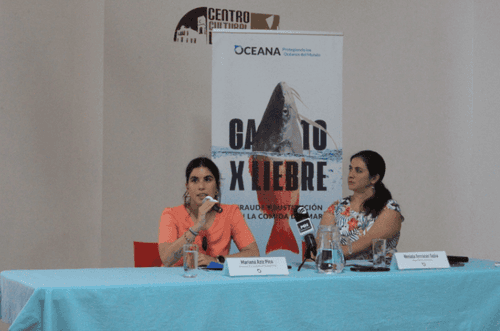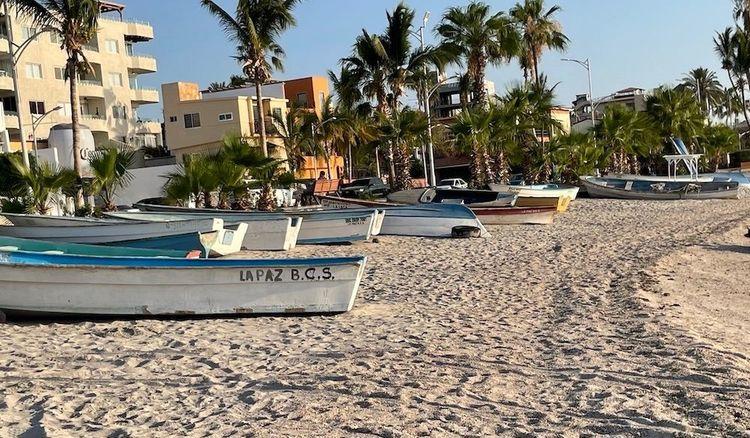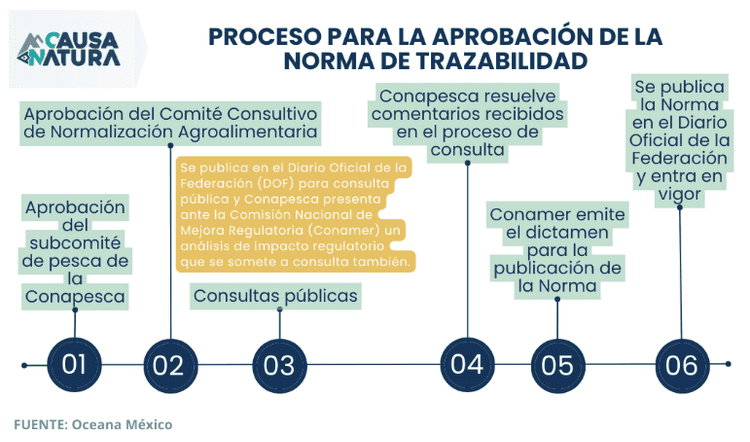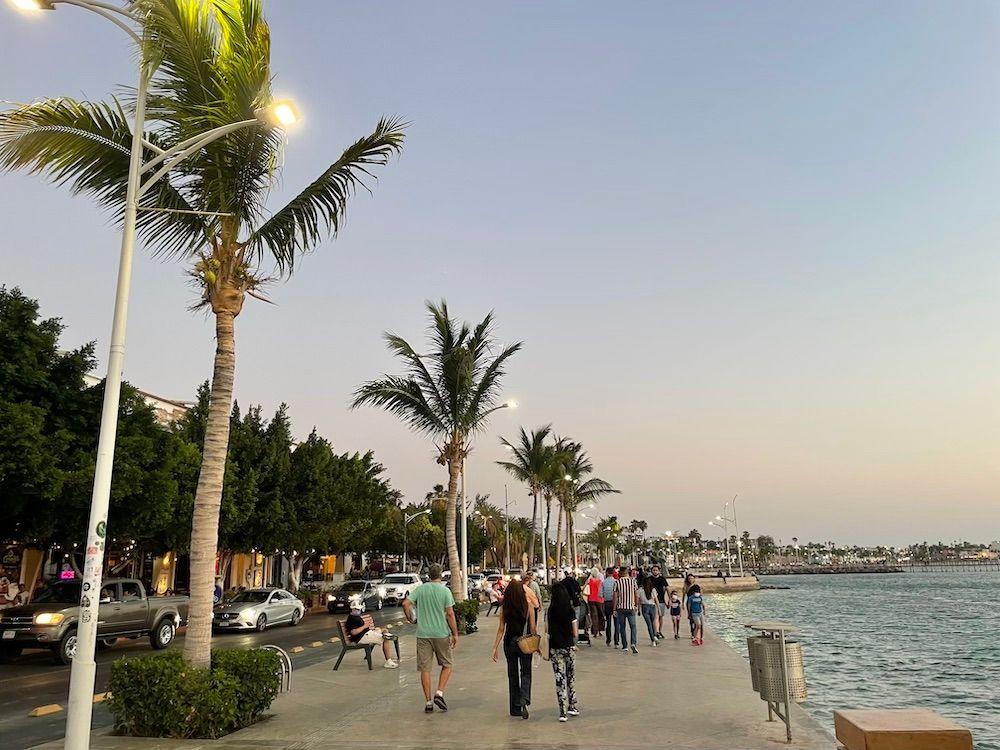Los Cabos is the city with the highest replacement of fish in restaurants in Baja California Sur and the second in the country. Of every 10 fish dishes served, 6 do not match what the consumer ordered and paid for.
In Baja California Sur, the average replacement rate is 42%. The main substituted species are the marlin, the huachinango, the cabrilla, saw or horse mackerel; while the species used to replace them: the greenfinch, the leg, the cochito and the cardinal.
“This means that more or less one out of every two times we bought fish in a restaurant they were offering us a species, but they were selling us a completely different one,” said Mariana Aziz, director of transparency campaigns at the civil organization Oceana Mexico, at a press conference to present the report “Cat for a Hare”.
This report analyzed the DNA of fish served in restaurants in ten cities in the country. They were compared with those offered in the letter in order to identify if there was a replacement.

Press conference organized by Oceana to show the results of the study. Source: Daniela Reyes
In the case of Baja California Sur, 206 fish samples were taken, of which 85% showed that the replacement rates in Santa Rosalía, Mulegé and Loreto are around 32%; in La Paz, 37%; and in Los Cabos, 60%.
The most substituted species in Baja California Sur is the marlin with a 100% replacement. All the samples of restaurants that sold marlin actually served other fish, Aziz said.
This is due, as mentioned, to the fact that there is no capacity to meet all the current demand for fisheries and it is replaced by local species that are undervalued, but nutritionally rich to satisfy tourist markets.
“Talking with fishermen and women, they said: 'It's impossible for there to be enough product to meet that demand because all people want huachinango, all people want marlin, all people want kids. ' So we consider that this is also a lesson to start looking for other species other than those that are always offered in businesses,” said Mariana Aziz.

Oceana reported that coastal fishing is being replaced by Chinese aquaculture products. Photo: Natura Media Cause.
There are particular cases such as huachinango, supplied by local coastal fishing that is being replaced by Tilapia, an aquaculture product mainly imported from China without measures to prevent it, said Renata Terrazas, executive director of Oceana.
“Nowadays in Mexico if they sell you any fish, if they sell you a baza and they are offering it to you as if it were a huachinango, there is not a single regulation that prohibits it, that regulates it, that punishes it, that rewards it, or anything. Anyone can give the fish whatever name they want and there's no real possibility of tracing fish from ship to plate and that's a public policy problem.”
It is worrying that this happens, since according to Aziz, consumers end up paying up to four times more for a species that does not have that value and because coastal coastal communities are affected by disguising imported species as local.
For this reason, Oceana Mexico has been promoting a traceability standard for more than two years to prevent fish substitution by monitoring the fish product throughout the production chain.

“We are looking for support to build this traceability standard and require Conapesca to approve it. Conapesca already has an outline of what this rule should look like, it has been stuck at a desk for more than two years and what we need are more voices to help promote this necessary public policy change,” Terrazas said.



Comentarios (0)